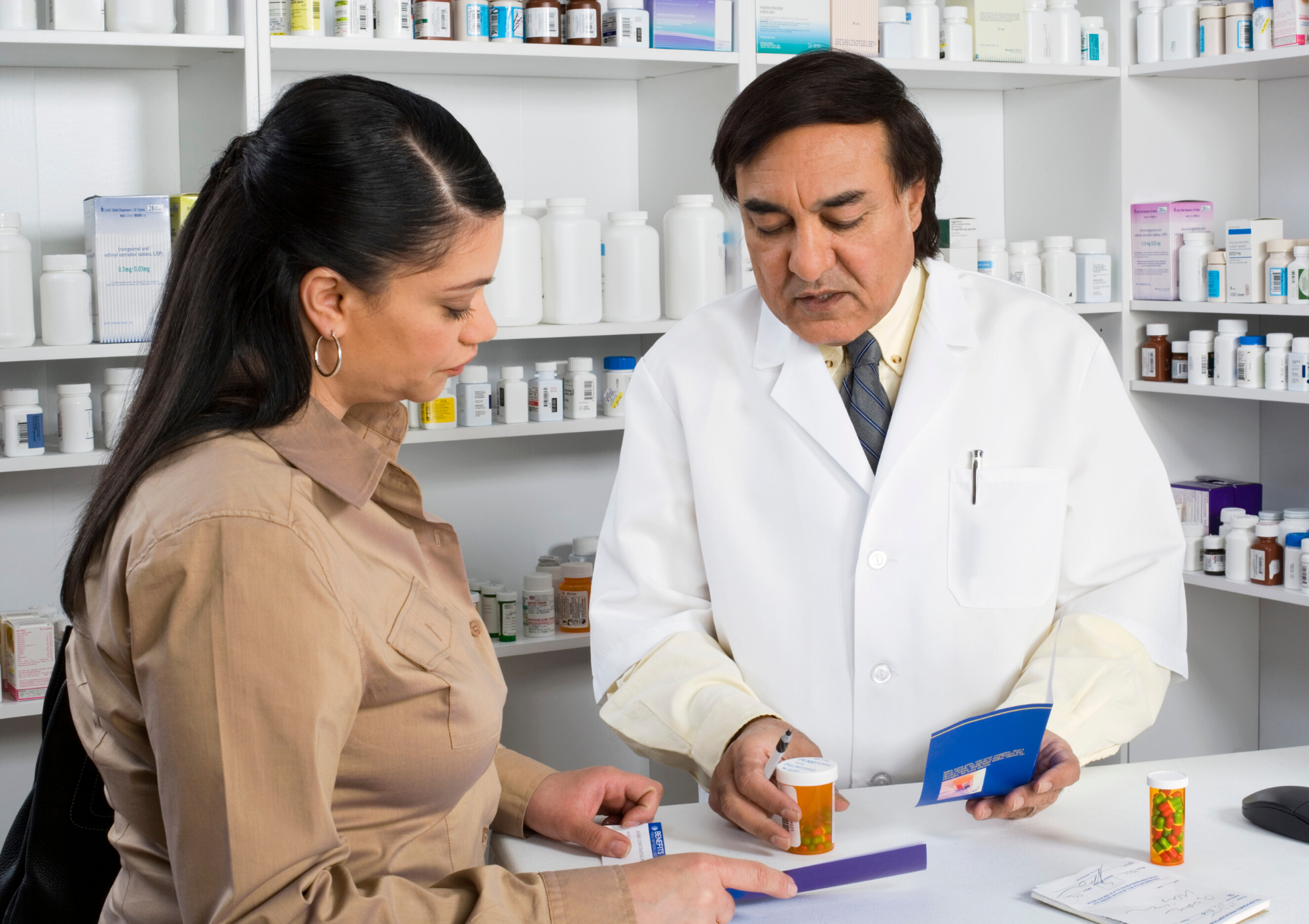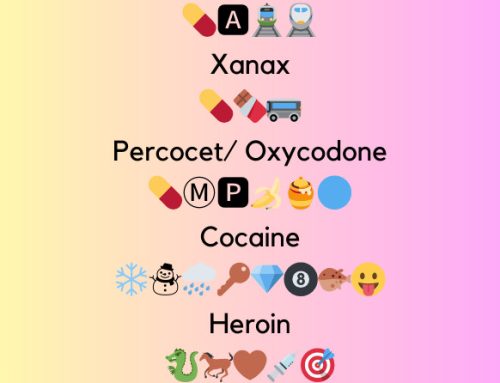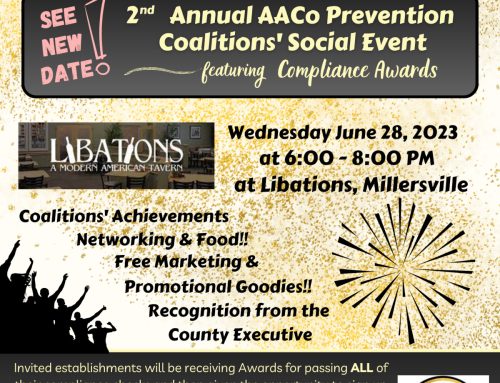
In many ways, the local pharmacist may be the most accessible and approachable of health care professionals. This is a person who is familiar with the prescriptions you take and drug interactions and is always available to answer questions about medications, treatments, and over-the-counter solutions to whatever ails you.
Here are some important facts to consider speaking to a pharmacist:
- They are impartial. Information is given without judgment.
- They understand the disease of addiction and risks for chemical dependence.
- They can provide a list of resources for treatment.
- They are trained to counsel those concerned about substance use for themselves or others.
- Your privacy is protected under HIPAA.
Customers are typically receptive to alcohol “screening and brief intervention” by pharmacy staff, where alcohol-related knowledge, intervention, and communication skills are used to inform individuals about high-risk alcohol use, especially when there is a private area available for discussion. Let’s not forget the local pharmacists as a valuable resource for knowledgeable advice when it comes to drug and alcohol dependence.
Source: Hattingh, H.L., & Tait, R.J. (2017). Pharmacy-based alcohol-misuse services: current perspectives. Integrated Pharmacy Research and Practice, 7, 21-31. Retrieved from https://www.ncbi.nlm.nih.gov/pmc/articles/PMC5927143/




